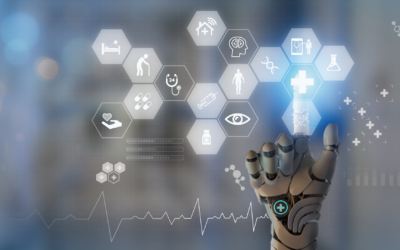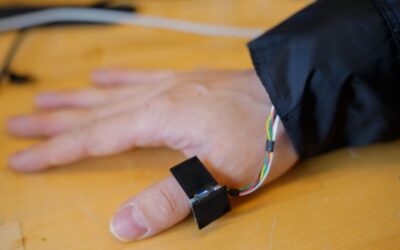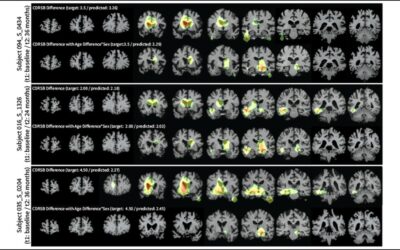Cornell students are driving innovation in the food industry through entrepreneurship, developing solutions that enhance nutrition tracking, reduce waste, and improve sustainability. Initiatives include AI-powered nutrition tracking, upcycled dried fruit products, low-calorie juice alternatives, and agricultural hydrogels made from repurposed insects.
Cornell AI News
News Category
Filter by Topic
AI tools help people with speech disabilities make timely jokes
A team of researchers from Cornell Tech is reimagining how technology can support users with speech disabilities – not just in functional speech, but also in making real-time jokes during conversations.
Personalized AI tools can combat ableism online
New Cornell research reveals that social media users with disabilities prefer more personalized content moderation powered by AI systems that not only hide harmful content but also summarize or categorize it by the specific type of hate expressed.
Home care workers unaware of AI’s role and potential benefits
A team of Cornell researchers investigated the implications of AI tools on the work of frontline home health care workers, such as personal care aides, home health aides and certified nursing assistants, in a qualitative study.
AI ring tracks spelled words in American Sign Language
A Cornell-led research team has developed an artificial intelligence-powered ring equipped with micro-sonar technology that can continuously and in real time track fingerspelling in American Sign Language (ASL).
AI system can analyze serial medical images
A new AI-based system for analyzing images taken over time can accurately detect changes and predict outcomes, according to a study led by investigators at Weill Cornell Medicine, Cornell’s Ithaca campus and Cornell Tech. The system’s sensitivity and flexibility could make it useful across a wide range of medical and scientific applications.
How can we use AI to improve animal welfare? A Q&A with Jennifer Sun
Through her research, Jennifer Sun wants to help human experts and AI models collaborate to unearth new insights from ever-growing stockpiles of data in diverse fields.
Transdisciplinary project aims to prevent the next pandemic
Most pandemics in the past century were sparked by a pathogen jumping from animals to humans. This moment of zoonotic spillover is the focus of a multidisciplinary team of researchers led by Raina Plowright, the Rudolf J. and Katharine L. Steffen Professor in the Cornell College of Veterinary Medicine’s Department of Public and Ecosystem Health.








